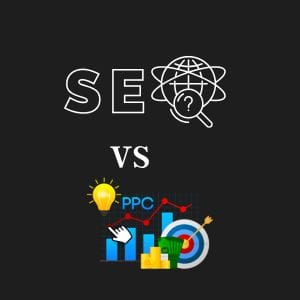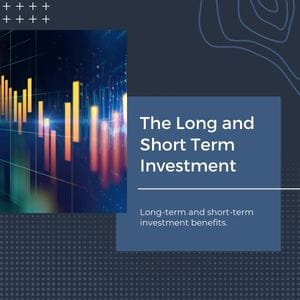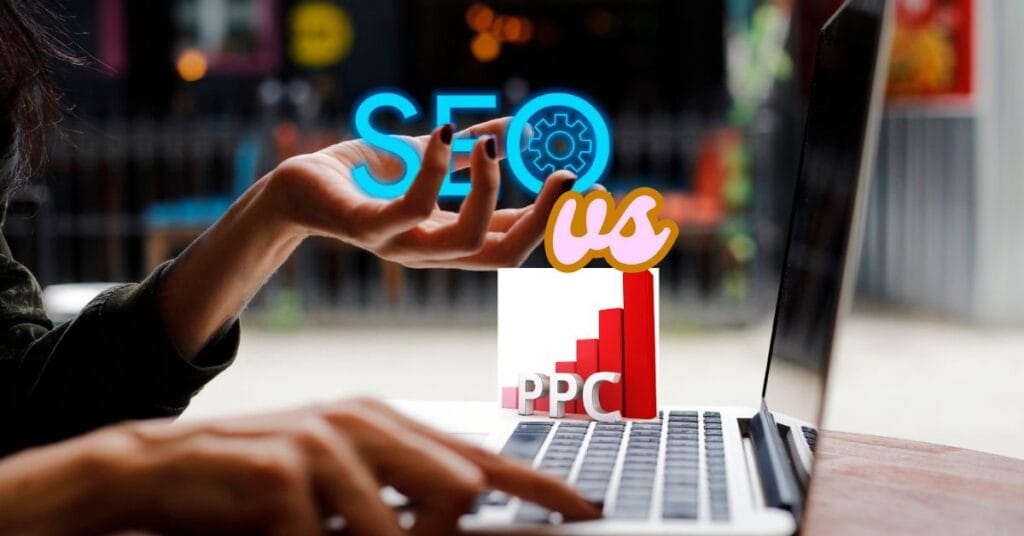Business owners face a significant marketing decision about their digital marketing budget allocation for maximum returns. The question becomes more complex when we explore SEO and PPC marketing strategies, particularly with time and resource constraints.
SEO versus PPC debate focuses on finding what lines up with your business goals, budget, and timeline rather than declaring an absolute winner. We have helped many businesses reach this decision point and understand the careful evaluation needed for multiple factors.
Understanding Your Business Growth Stage

Business growth stages play a key role in choosing between SEO and PPC marketing. These strategies match different phases of your business trip.
Startup Phase Considerations
New businesses face unique challenges with limited resources and brand recognition. Statistics show that 80% of startups with employees survive their first year. This makes early marketing decisions vital to success. Your business should focus on:
- Quick visibility needs
- Building original customer base
- Testing market response
- Establishing brand presence
Scaling Phase Requirements
Marketing needs become more complex as your business enters the scaling phase. Data shows that top performers are 400% more efficient than typical workers in this phase.
This productivity boost shows why efficient marketing systems matter. Scaling businesses need marketing support that drives rapid growth and maintains operational efficiency. Most companies invest in both SEO and PPC to maximize their market reach.
Established Business Needs
The focus moves toward enhancing customer experience and deepening relationships instead of just acquisition.
Established businesses benefit from a balanced approach. Your marketing strategy should target customer retention and market expansion while you retain control of your brand. This strategy often combines SEO’s long-term benefits with PPC’s targeted approach for specific campaigns.
Budget Planning for SEO vs PPC

Let’s head over to the financial aspects of SEO and PPC marketing to help you make informed budget decisions. Our survey for data also breaks down the look forward to you can from each approach.
Original Investment Requirements
Small and midsize businesses typically invest between $1,500 to $5,000 per month for SEO projects. PPC investments vary substantially, with most businesses allocating between $100 to $10,000 monthly. Your initial investment depends on these key factors:
- Campaign scope and complexity
- Industry competition level
- Geographic targeting needs
- Required technical infrastructure
Monthly Maintenance Costs
PPC requires continuous investment – your ads disappear from search results when you stop paying. SEO might seem expensive at first, but it becomes more affordable over time. Monthly PPC management costs range between $501 to $3,000, while SEO maintenance requires $1,500 to $5,000.
ROI Timeline Expectations
These strategies show substantial differences in ROI timelines. SEO delivers an impressive ROI of 500% to 1,300%, but takes 6-12 months to achieve positive returns. PPC offers immediate visibility with a general ROI of 200%.
Businesses should allocate between 2-15% of revenue to combined SEO and PPC efforts. This balanced approach maintains steady growth while capitalising on immediate opportunities. Note that SEO might take longer to show results, but continues to pay off for months or even years after original investments.
Short-term vs Long-term Strategy Impact

A clear understanding of SEO and PPC marketing strategies’ timeline helps you make informed decisions. Our analysis of extensive data will help you learn how these approaches affect your business differently.
Immediate Results with PPC
The data shows that PPC brings in an average of $2.00 for every $1.00 spent. This makes it the quickest way to get results. PPC works best when you need:
- Immediate website exposure
- Quick testing of market response
- Rapid launch of time-sensitive promotions
- Fast recovery of lost organic rankings
Building Sustainable SEO Presence
It typically takes 6-12 months to show the most important results. It builds a foundation that continues to pay off year after year without the constant drain of paid advertising.
These strategies need processes that you can manage to keep over time. This approach creates content that stays relevant and valuable long after publication.
Combining Strategies for Optimal Results
We found that using both SEO and PPC together works best. The data shows that approximately 89% of traffic generated by ads were not replaced by organic rankings when search ads were paused.
PPC data can shape SEO strategy, and strong SEO performance helps reduce long-term PPC costs.
Industry-Specific Considerations

Over the years of marketing experience, we’ve learned that industries need different approaches to SEO and PPC marketing. These strategies vary based on business models and markets.
B2B vs B2C Approaches
It sales cycles are longer and more complex, with 6-10 decision-makers on average. B2C businesses focus on immediate conversions through shorter decision cycles.
The B2B e-commerce market is five times larger than the B2C market.Below are the key distinctions we have noted:
B2B requires more educational content and ROI demonstration.
- This needs eye-catching visuals and immediate calls-to-action
- It focuses on specific industry targeting
- B2C emphasises emotional triggers and promotional offers
Local vs Global Business Needs
Local businesses face unique challenges in their digital marketing efforts.Our research indicates that half of individuals who look for a nearby business go to that site within a day. Global businesses need tailored approaches based on market complexity and cultural considerations.
Competition Level Analysis
Both SEO and PPC Competition analysis are essential. 71% of B2B buyers read multiple content pieces before they connect with sales. Your content strategy must stand out strongly in your specific industry.
Our competition analysis covers direct keyword competitors and businesses that offer similar solutions in your target market. This detailed approach helps us find gaps and opportunities specific to your industry.
Conclusion
Businesses must weigh several factors when choosing between SEO and PPC – their current stage, budget, and industry requirements. Our years of experience show that successful companies rarely pick just one option.
SEO creates a lasting organic presence and builds credibility. PPC yields quick results when you need immediate business outcomes. They gradually change their focus toward SEO as their brand expands. A 5-year old company typically benefits from running both strategies together. Their PPC data helps strengthen their SEO campaigns.
Your marketing strategy should grow alongside your business. Startup phase strategies might need adjustments during scaling. Regular reviews of your marketing mix help measure results effectively.
Your choice – SEO, PPC, or both – should prioritize value delivery to your target audience. Keep tracking your marketing ROI consistently.
FAQs
Q1. Is SEO or PPC more effective for business growth?
The effectiveness of SEO or PPC depends on your business goals, budget, and timeline. SEO provides enduring organic visibility and is cost-effective, whereas PPC delivers immediate visibility. Many successful businesses use a combination of both strategies to maximize their online presence and achieve both short-term and long-term objectives.
Q2. How do SEO and PPC strategies differ?
PPC (Pay-Per-Click) involves paid advertisements that appear in premium positions on search result pages. SEO is a long-term approach, whereas PPC provides instant visibility but demands continuous funding.
Q3. What are the initial investment requirements for SEO and PPC?
Small to midsize businesses typically invest between $1,500 to $5,000 per month for SEO projects. PPC initial investments vary more widely, ranging from $100 to $10,000 monthly. The exact amount depends on factors such as campaign scope, industry competition, and geographic targeting needs.
Q4. How long does it take to see results from SEO compared to PPC?
PPC can drive traffic to websites almost immediately after launch, making it ideal for quick results. SEO, on the other hand, typically takes 6-12 months to show significant results. However, SEO builds a foundation that continues to pay off year after year without the constant expense of paid advertising.
Q5. How do B2B and B2C businesses approach SEO and PPC differently?
B2B businesses often focus on educational content and ROI demonstration in their marketing strategies, as their sales cycles tend to be longer and involve multiple decision-makers. B2C businesses typically emphasize immediate conversions, eye-catching visuals, and promotional offers. The approach to SEO and PPC should be tailored to these different needs and customer behaviors.

